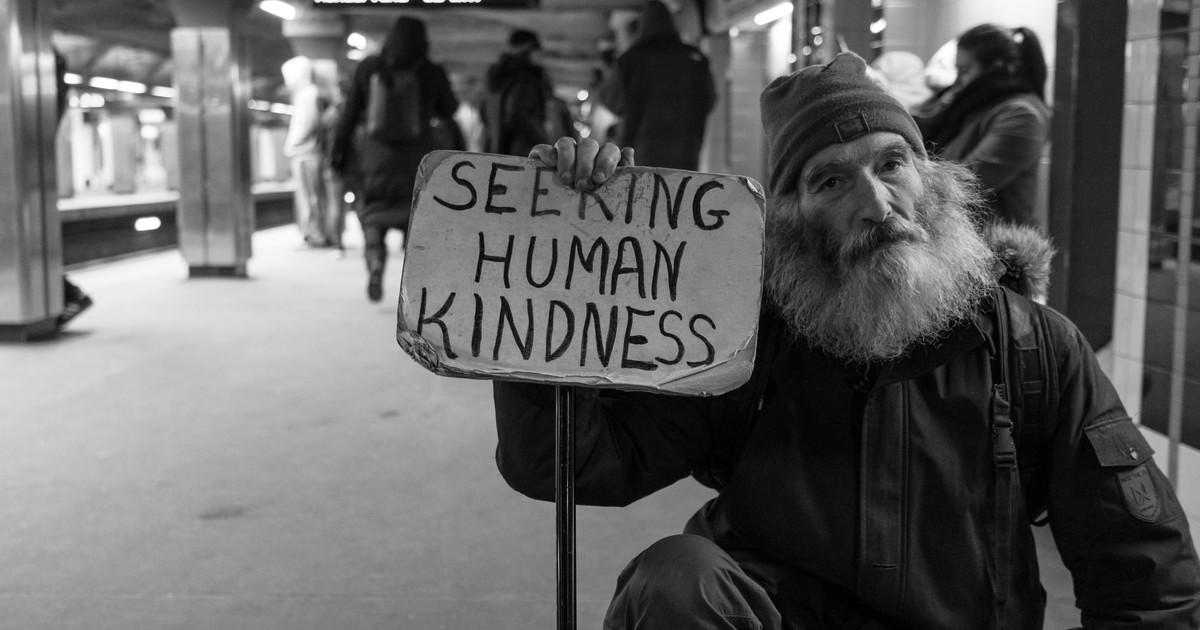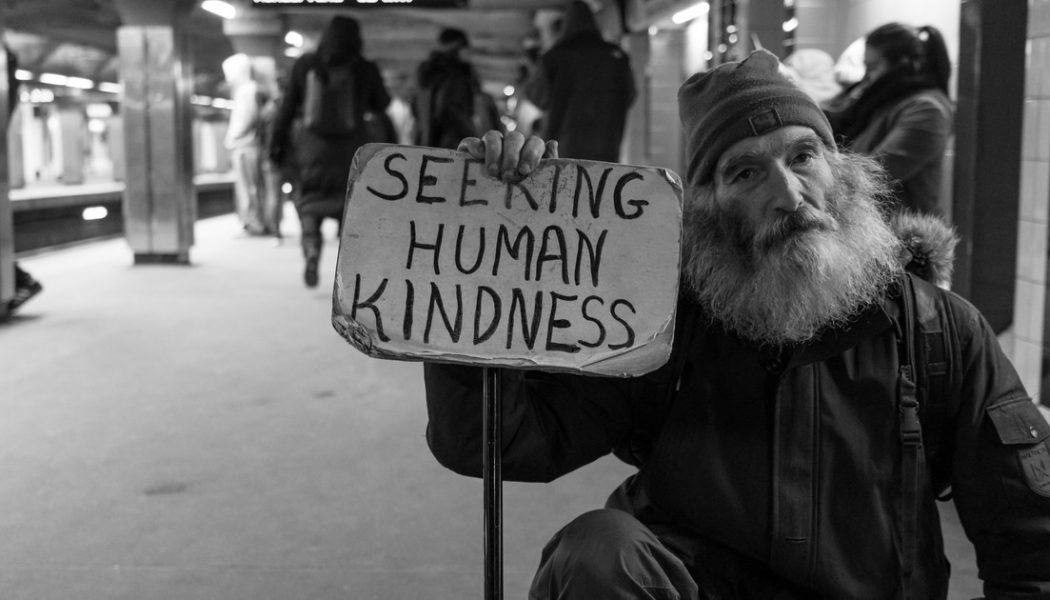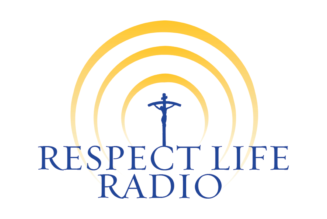
A natural precept attributed toward the dignity of the human person is to seek the good of another person through the act of community. I propose this argument from the nature of faith and reason that the human state is ordered to not only seek the good in another person but also to nurture and protect the person in order propagate a healthy society. The clearest example of this structure is the recognition and affirmation of the natural relationship between man and women through a natural marital covenant. If I take this premise even further, the aim and premise of the common good is to respect the dignity of the person.
Because we are creatures bestowed with the gift or vice of free will depending on how one views human behavior, essentially a person would be inclined to see their fellow human being live and achieve a healthy life both physical and spiritual. As I mentioned earlier a key characteristic of the common good is respect for a person which in turn also allows a person to fulfill their vocation. The common good concerns the life of all, it calls for prudence from each and even more from those who exercise the office of authority.[1]
Human Solidarity and the Common Good
The exercise of the common good reflects a desire to seek a common brotherhood one which projects a human solidarity aimed at providing not only material nourishment but most importantly of all spiritual nourishment. Christ reveals the importance of human solidarity when he calls us to seek for his kingdom and righteousness proclaiming that all these things shall be ours as well.[2]
When we begin to examine the purpose of the common good, one would hope that at the heart of this human act is the gift freedom to engage a vocation and exercise each one’s individual charisms in order to fulfill his or her vocation in light of Jesus Christ and His Church. This means that part of our human vocation toward the common good is the exercise of a properly formed moral conscience in order to protect the basic premise of freedom of religious practice and expression.
Thanksgiving and the Common Good
The history of giving thanks for what we have received addresses a very important point of a sovereign and greater authority than ourselves. God’s love for His children is a perpetual example of our Divine Father’s desire to see His children help one another in solidarity and community because it is a direct reflection of His vision for all of us especially in the exercise of dignity and respect toward one another. The origin intention of Thanksgiving as celebrated within the United States is an exercise in the practice of the common good through the desire of respect for the dignity of another person and the recognition of a fellow brother and sister in Christ in need. Hence, what we have in the gift of Thanksgiving is a recognition of the family of God.
We are reminded that:
the unity of the human family, embracing people who enjoy equal natural dignity, implies a universal common good. The common good is always oriented towards the progress of persons: The order of things must be subordinate to the order of persons, and not the other way around. This order is founded on truth, built up in justice and animated in love.[3]
The identity of a thankful harvest within the home is the profession of the act of faith where all glory and praise are given to Christ for His sacrificial love that binds us to Him and to each other. The premise of Thanksgiving from a Catholic perspective is to actively seek the needs of those around us. Our Christian anthropology demands this act of faith where we see Christ in one another and called to give beyond our means for the greater glory of God. If our baptismal responsibility is to authentically witness a Christian life to others, then our actions are to be directed in Divine obedience to the Will of the Father to protect, serve and nourish all especially the most vulnerable.
St. Thérèse of Lisieux provides us with a beautiful reflection on the “Act of Offering” as a fitting reminder of our thanksgiving journey with Christ:
After earth’s exile, I hope to go and enjoy you in the fatherland, but I do not want to lay up merits for heaven. I want to work for your love alone . . . In the evening of this life, I shall appear before you with empty hands, for I do not ask you, Lord, to count my works. All our justice is blemished in your eyes. I wish, then, to be clothed in your own justice and to receive from you love the eternal possession of yourself.[4]
[3] CCC 1911-1920
[4] St. Therese Lisieux, Act of Offering, The Story of the Soul, tr. John Clarke, p. 277
Join Our Telegram Group : Salvation & Prosperity







